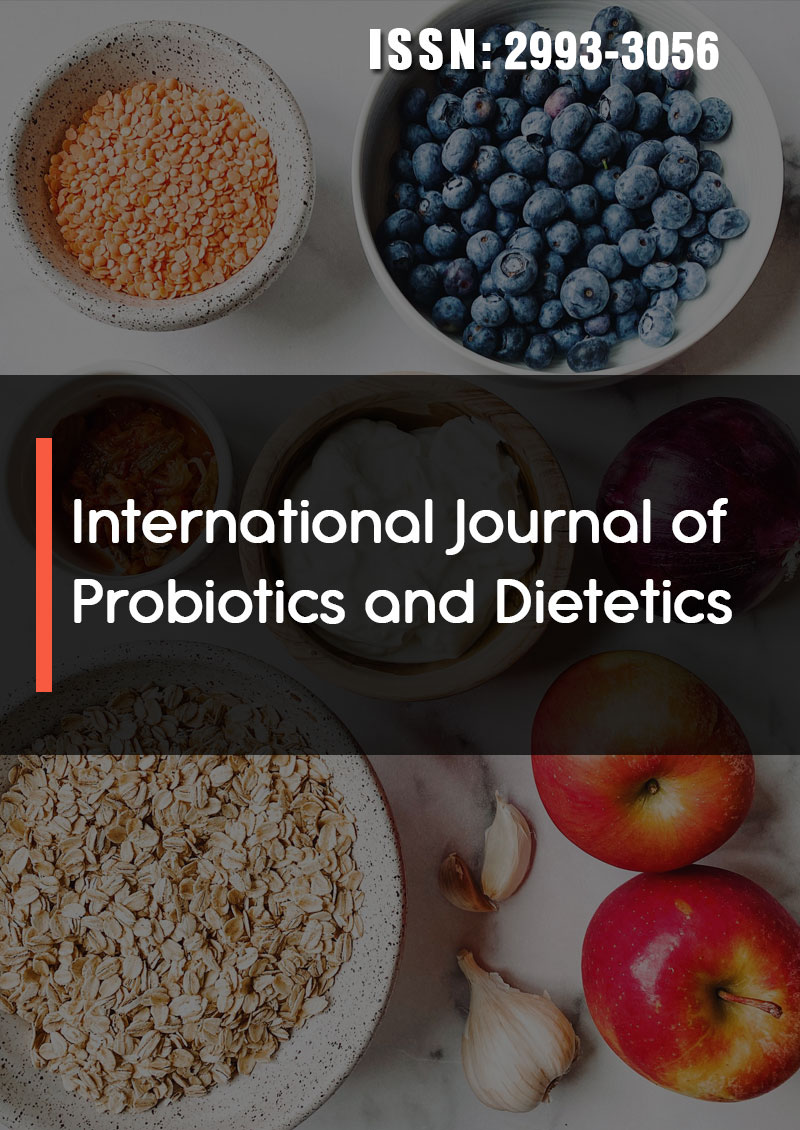The Effect of a Novel Probiotic Formula (SMT04) in Reducing Colorectal Cancer- Associated Biomarkers
Abstract
Jessica YL Ching, Pui Kuan Cheong, Jessie Qiaoyi Liang
Background and aims: Certain probiotic bacteria have been shown to reduce the risk of CRC in animal experiments. This pilot study aimed to determine the efficacy and safety of a novel probiotic formula, SMT04, which consists of Bifidobacterial and Streptococcus, in reducing CRC-associated bacterial pathogens in humans.
Methods: This was a pilot study of subjects taking SMT04 for 3 months (50 billion CFU per sachet). Subjects aged 18 or above who underwent colonoscopy within one year were enrolled. Exclusion criteria included a history of CRC; severe co-morbidity; and use of probiotics, prebiotics, or antibiotics within 30 days. Subjects underwent a noninvasive stool test for the quantitation of three CRC-associated bacterial DNA markers (Fn, m3 and Ch) by qPCR according to a prespecified protocol at baseline, month 1, month 2, and month 3. The primary outcome was the change in CRC-associated bacterial DNA markers. Gastrointestinal symptoms and adverse events were assessed. All subjects provided informed written consent.
Results: Twenty-one (M:F 9:11) eligible subjects were recruited (mean age ± SD: 56.57 ± 8.81). All 3 bacterial DNA markers at month 1, month 2, and month 3 decreased compared to baseline (Ch [-91.4846, -67.2877, and -83.3429]; Fn [-31.8973, -24.4503, and -22.7081]; m3 [-30.5499, -12.2656, and -37.3651]. There was an improvement in gastrointestinal symptoms. None experienced adverse events.
Conclusion: SMT04 was effective in reducing CRC-associated bacterial DNA markers. This novel probiotic formula may potentially reduce the risk of CRC via modulation of gut microbiota.



